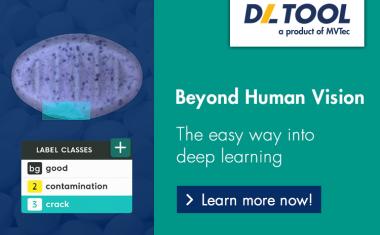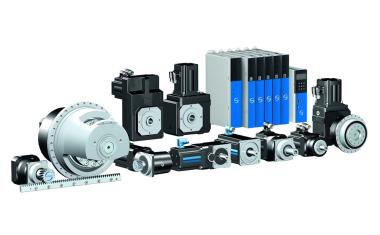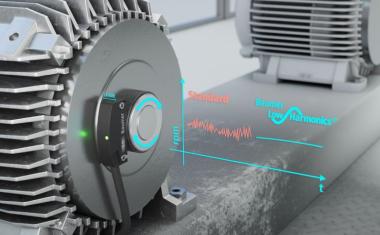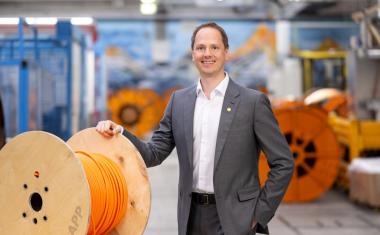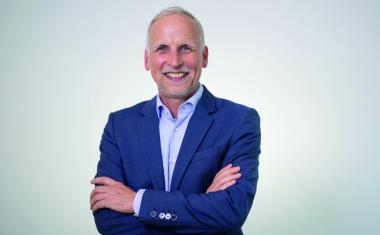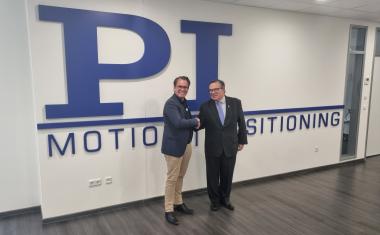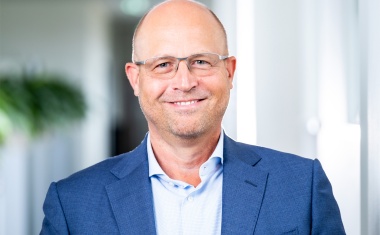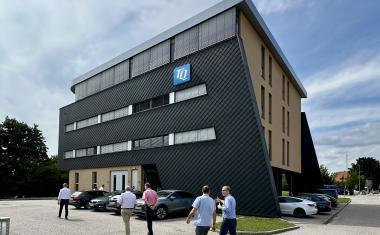Satellites for quantum communications
New mission will enable quantum cryptography across large distances.
Through steady advances in the development of quantum computers and their ever-improving performance, it will be possible in the future to crack our current encryption processes. To address this challenge, researchers at the Technical University of Munich and the University of Jena are participating in an international research consortium to develop encryption methods that will apply physical laws to prevent the interception of messages. To safeguard communications over long distances, the QUICK3 space mission will deploy satellites.
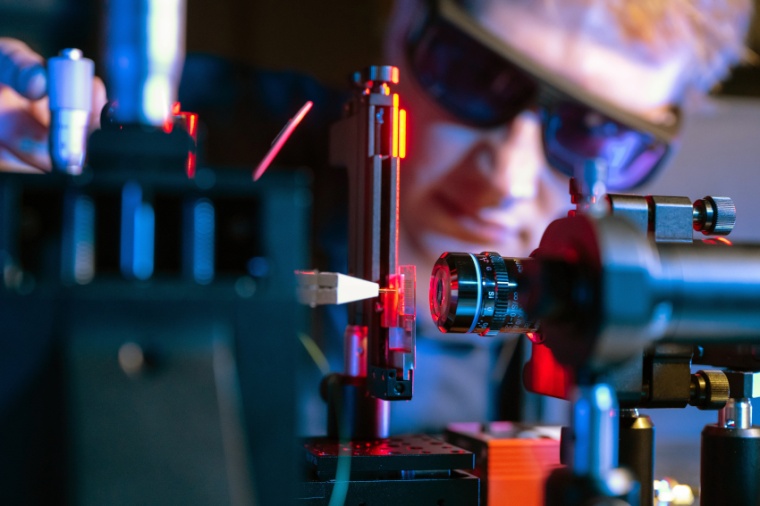
At present our data are encrypted with mathematical methods that rely on the idea that the factorization of large numbers is a difficult task. With the increasing power of quantum computers, however, these mathematical codes will probably no longer be secure in the future. Tobias Vogl, Quantum Communication Systems Engineering at the Technical University of Munich, and his team are working on an encryption process that relies on principles of physics. “Security will be based on the information being encoded into individual light particles and then transmitted. The laws of physics do not permit this information to be extracted or copied. When the information is intercepted, the light particles change their characteristics. Because we can measure these state changes, any attempt to intercept the transmitted data will be recognized immediately, regardless of future advances in technology,” says Vogl.
The big challenge in quantum cryptography lies in the transmission of data over long distances. In classical communications, information is encoded in many light particles and transmitted through optical fibers. However, the information in a single particle cannot be copied. As a result, the light signal cannot be repeatedly amplified, as with current optical fiber transmissions. This limits the transmission distance for the information to a few hundred kilometers. To send information to other cities or continents, the structure of the atmosphere will be used. At altitudes higher than around ten kilometers, the atmosphere is so thin that light is neither scattered nor absorbed. This will make it possible to use satellites in order to extend quantum communications over longer distances.
As part of the QUICK3 mission, Tobias Vogl and his team are developing an entire system, including all of the components needed to build a satellite for quantum communications. In a first step, the team tested each of the satellite components. The next step will be to try out the entire system in space. The researchers will investigate whether the technology can withstand outer space conditions and how the individual system components interact. The satellite launch is scheduled for 2025. To create an overarching network for quantum communications, however, hundreds or perhaps thousands of satellites will be needed.
The concept does not necessarily require all information to be transmitted using this method, which is highly complex and costly. It is conceivable that a hybrid network could be implemented in which data can be encrypted either physically or mathematically. Antonia Wachter-Zeh from the Technical University of Munich is working to develop algorithms sufficiently complex that not even quantum computers can solve them. In the future it will still be enough to encrypt most information using mathematical algorithms. Quantum cryptography will be an option only for documents requiring special protection, for example in communications between banks. (Source: TUM / U. Jena)




